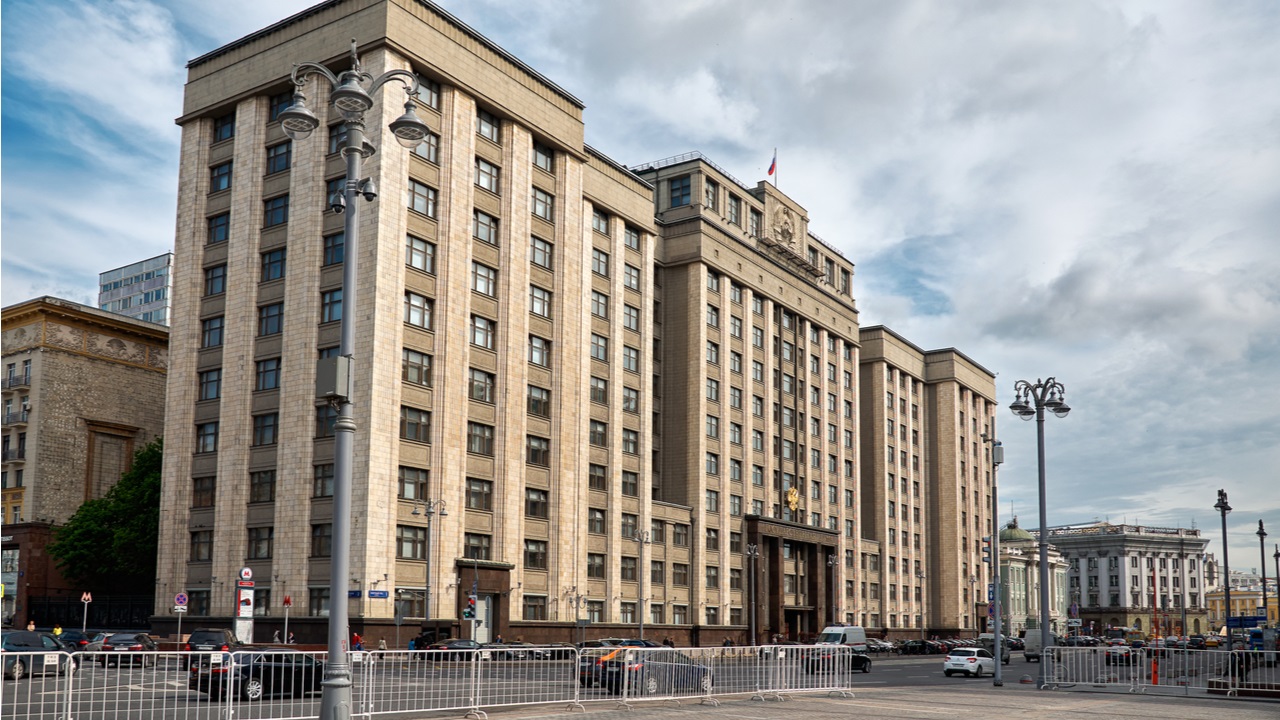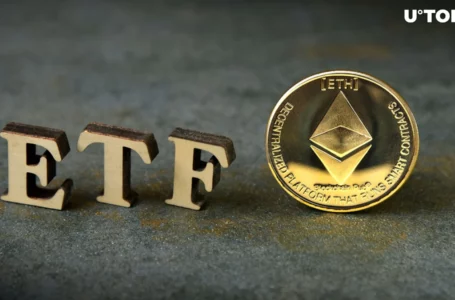
A bill updating Russia’s tax law to incorporate provisions pertaining to cryptocurrencies has been filed with the State Duma, the lower house of parliament. The legislation is tailored to regulate the taxation of sales and profits in the country’s market for digital assets.
Russian lawmakers to review crypto tax law
The Russian federal government has submitted a draft law to the State Duma introducing rules for the taxation of transactions involving cryptocurrencies. The bill will make the necessary changes to Russia’s tax code to address a series of outstanding issues.
One of the aspects is the application of value-added tax (VAT). According to the authors, VAT should be levied on services provided by operators of platforms issuing or exchanging digital financial assets (DFA), a term encompassing cryptocurrencies in current Russian law.
The tax base for “digital rights,” another legal definition that covers security and utility tokens, will be determined as the difference between the sale and acquisition price of the token, Forklog reported, citing the document.
Russian entities owning tokens will pay 13% of the revenues from their digital rights while the tax rate for foreign companies will be 15%. The issuers of digital financial assets will be obliged to file tax reports on the parties involved and the transactions made during the current year by Feb. 1 of next year.
The law will not affect Russians holding cryptocurrencies, Andrey Tugarin, managing partner at law firm GMT Legal, told the crypto news briefing. He explained that the bill only affects the market for digital financial assets and digital rights. The tax system it establishes is modeled on that applicable to the securities market.
Parallel to the tax bill, the Russian government is also preparing to file a new draft law “On Digital Currency,” recently revised and submitted to the cabinet by the Ministry of Finance. The department is a proponent of the legalization of cryptocurrencies while the Bank of Russia opposes it.
Both pieces of legislation are expected to be passed during the spring session of the State Duma. They will complement the “Digital Financial Assets” law, which came into force in January 2021 and only partially regulates the country’s crypto sector, to establish a comprehensive legal framework for cryptocurrencies.


















